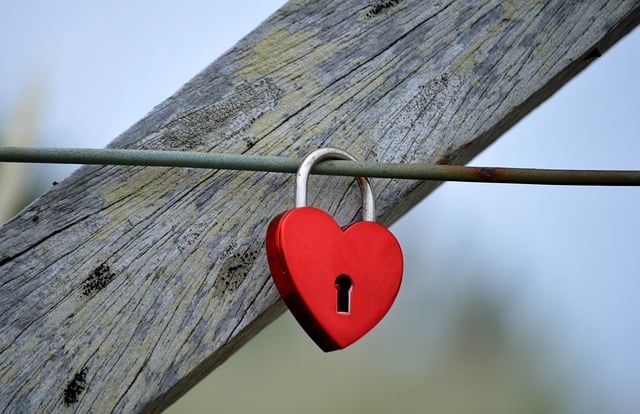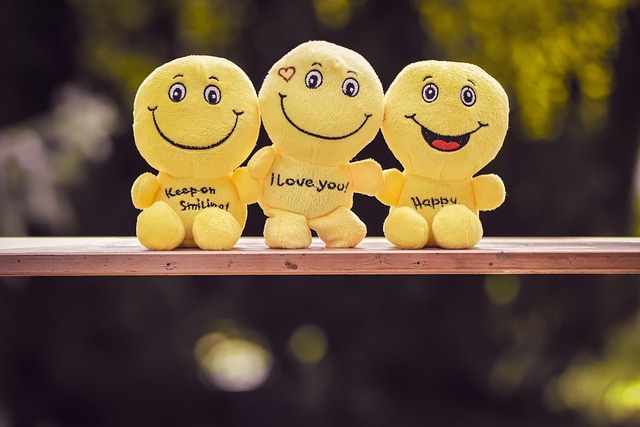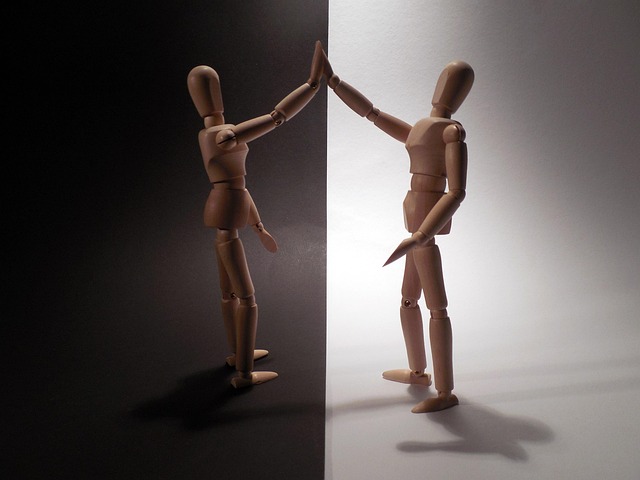
“Empathy in Action: How to Respond Empathically”
In an increasingly fast-paced world, the importance of empathy cannot be overstated. It’s a skill that transcends mere understanding—it’s about connecting emotionally with others and responding in a way that fosters genuine support and solidarity. To respond empathically is not just about knowing what someone else feels; it’s about feeling their emotions and reflecting that back to them.
Imagine a friend who is going through a tough time—a recent breakup, loss of a job, or a health scare. You might find yourself at a crossroads: do you offer a simple “I’m sorry to hear that,” or do you take a moment to really step into their shoes? When we deepen our capacity for empathy, we learn to respond in a way that validates their emotions and demonstrates that we care.
To respond empathically, start by listening actively. Put away distractions, maintain eye contact, and show through your body language that you are present. Sometimes, the most important thing you can do is simply be there—quietly sitting with someone, allowing them to express their feelings without interruption or judgment.
Once you’ve listened, acknowledge their feelings. Use phrases like, “That sounds really challenging,” or “I can see why you’d feel that way.” This not only validates their experience but also encourages them to share more. Remember, the goal here is to make your friend feel seen and heard, allowing them to process their emotions openly.
In addition to acknowledging feelings, share your own. This doesn’t mean making their situation about you, but rather letting them know that their feelings resonate with you. You might say, “I’ve been there too, and it was really tough for me,” demonstrating that empathy is a shared human experience. This can create a deeper connection between you, making your response even more impactful.
Your response should also include an offer of help, if appropriate. Ask open-ended questions like, “What can I do for you right now?” or “Would it help to talk about it more, or do you want to do something fun to take your mind off things?” Tailoring your response to what they need can provide them with the comforting support they seek.
Remember that practicing empathy is not a one-time effort; it’s an ongoing journey. By consciously choosing to respond empathically, you’re not only enhancing your relationships but also cultivating an environment where emotional well-being is prioritized. You create a ripple effect, inspiring others to act with kindness and understanding as well.
In a world that often feels divided and disconnected, the ability to respond empathically can be a bridge that brings us closer together. By listening, acknowledging, sharing, and offering support, each one of us has the power to create connections that uplift and empower those around us.


